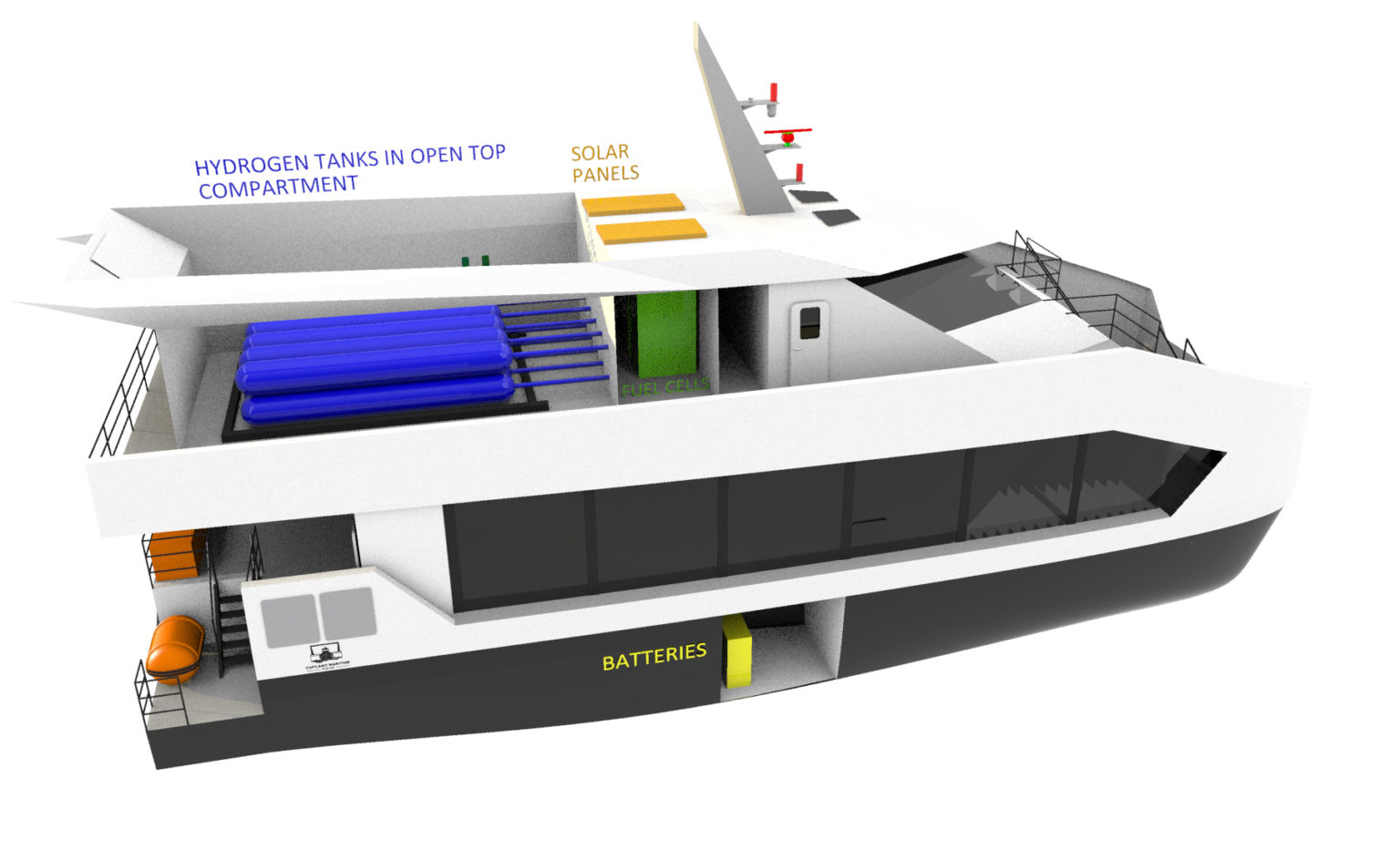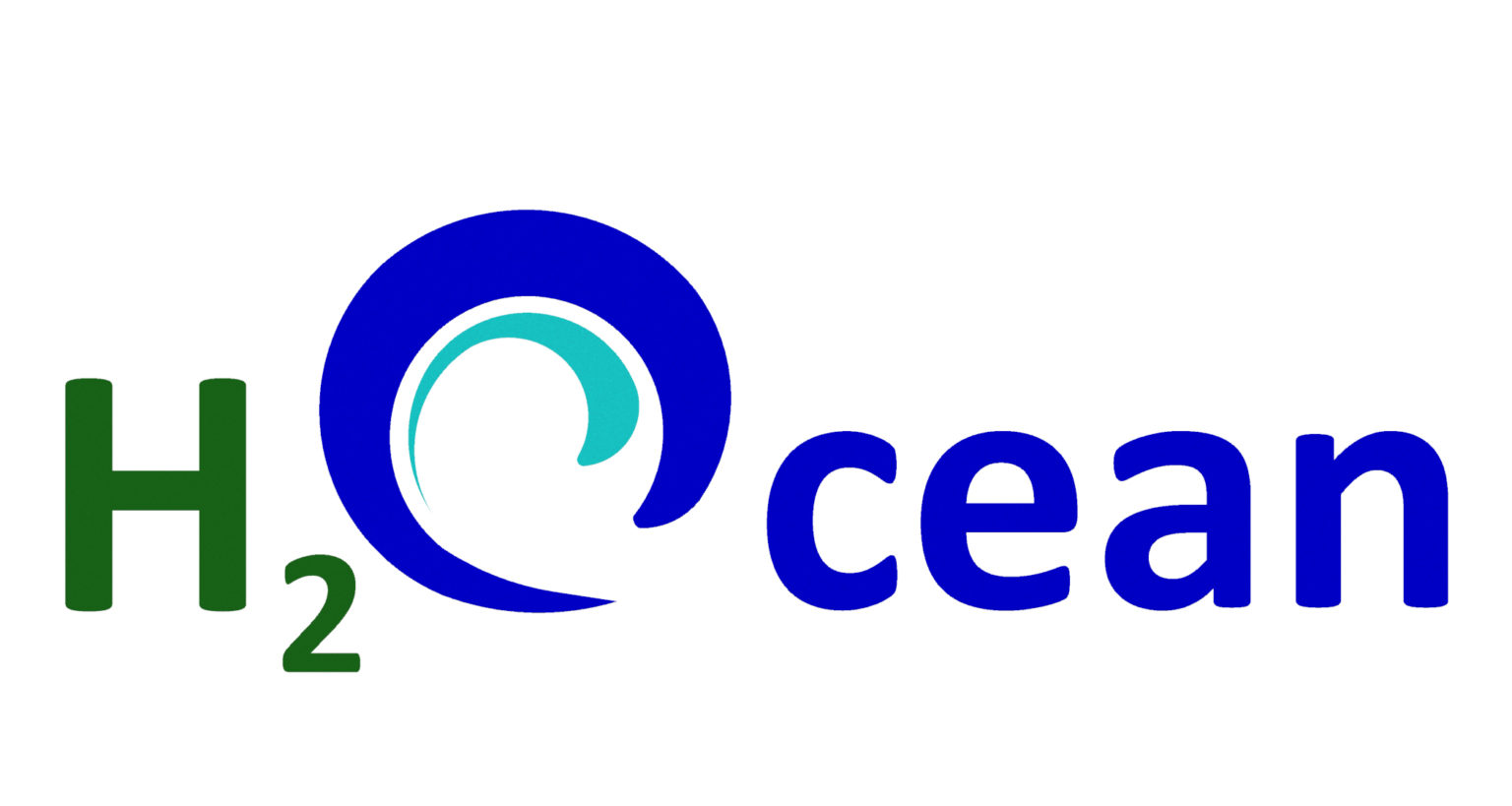Vancouver, June 03, 2022: A consortium of British Columbia-based hydrogen experts have received an Approval in Principle (AiP) from Lloyds Register (LR) for their design of the hydrogen fuel cell powered harbour cruise vessel, H2Ocean.
There is no Canadian hydrogen fueled vessel operating today and the rules and regulations for hydrogen as a fuel are still in development – internationally, nationally as well as by Classification Societies.
The AiP is a validation of the hybrid hydrogen fuel cell and battery propulsion system and the safe integration into the vessel design by an independent third party – which is very important to control the technical risks that come with implementation of new technology for a marine application.
This AiP is a major milestone to get hydrogen onto the water and on-board marine vessels in Canada.
Based in BC, this project is being funded by amongst others the National Research Council – Industrial Research Assistance Program (NRC IRAP), CleanBC Go Electric Advanced Research and Commercialization (ARC) program and project partners.
Global marine transport emits 940 million tonnes of carbon dioxide annually requiring world fleets to decarbonize rapidly. However, decarbonization will require some of the world fleet to be zero emission vehicles (ZEV), making hydrogen one of the most suitable solutions. The H2Ocean project is being developed to demonstrate the viability of hydrogen fuel in a harbour cruise marine setting in Canada.
The design of this zero-emission marine vessel is being undertaken by a consortium of globally leading hydrogen companies, regulators, academics, industry groups and, naval architects and marine engineers: Capilano Maritime Design Ltd (Capilano), Canal Marine & Industrial Inc., HTEC, Ballard Power Systems Inc., the Canadian Hydrogen and Fuel Cell Association (CHFCA), Lloyd’s Register (LR), the University of British Columbia (UBC) and Fairweather Cruises.

Capilano leads the ship design of the H2Ocean vessel while HTEC leads the design of the hydrogen storage and fueling infrastructure. Canal Marine & Industrial Inc. are the electrical engineers for the design of the power generation and distribution systems onboard the vessel. Ballard’s role in the project is to provide technical support to integrate the FCwaveTM fuel cells into the vessel. LR will leads the Hazard Identification process of the hydrogen systems and another LR unit will review the design for the Approval in Principle. CHFCA will play the critical role of liaising, monitoring and raising awareness of the project throughout Canada. UBC will provide technical support on naval architecture subjects resulting from their research programs. Finally, Fairweather Cruises’ role in the project is to consult on cruise vessel passenger area design and operation.
